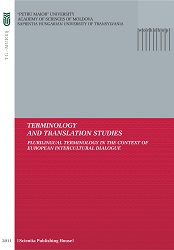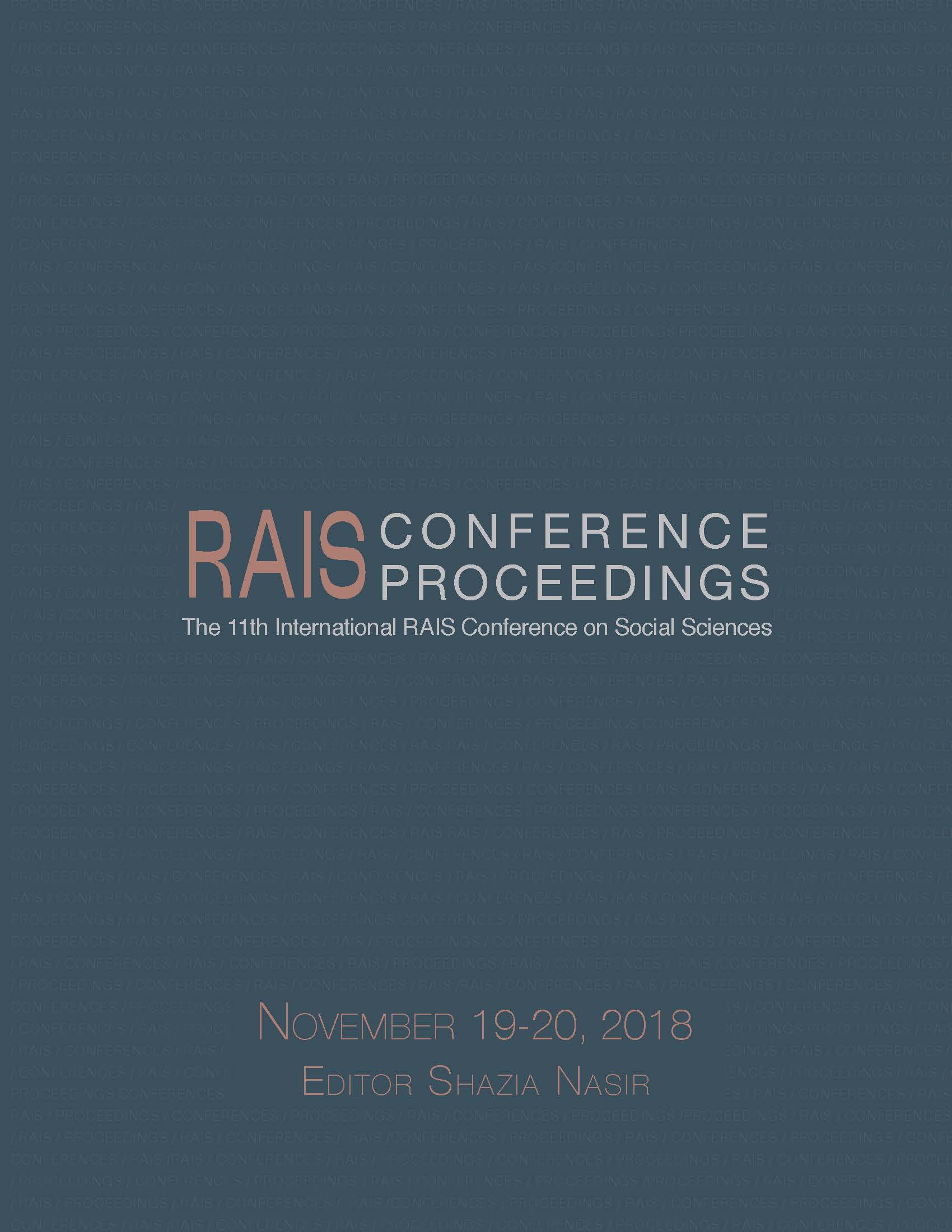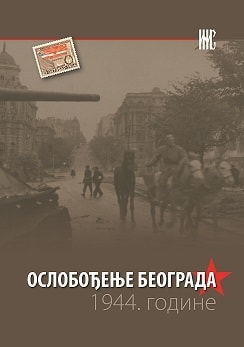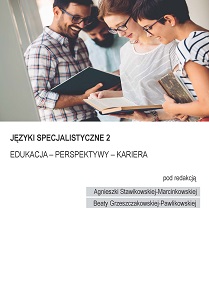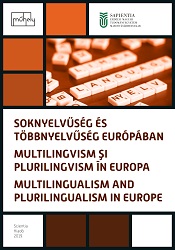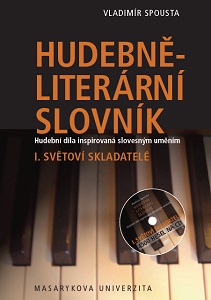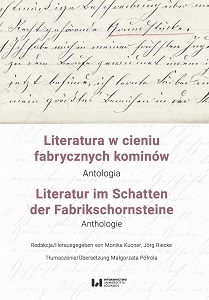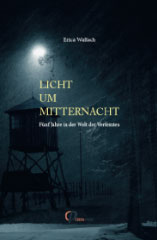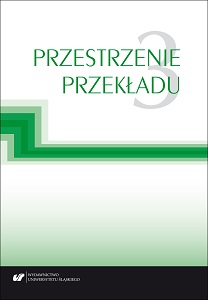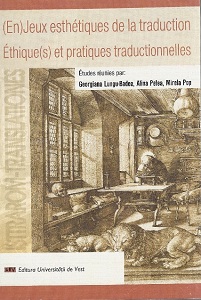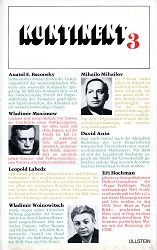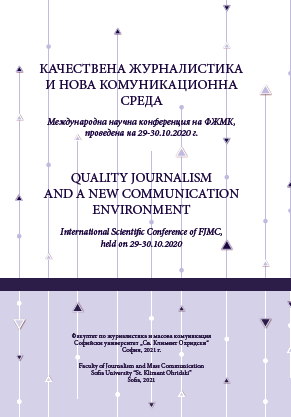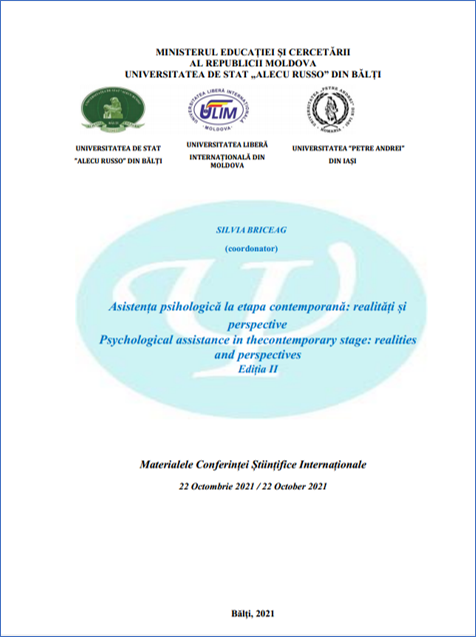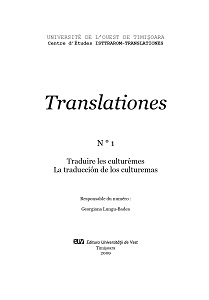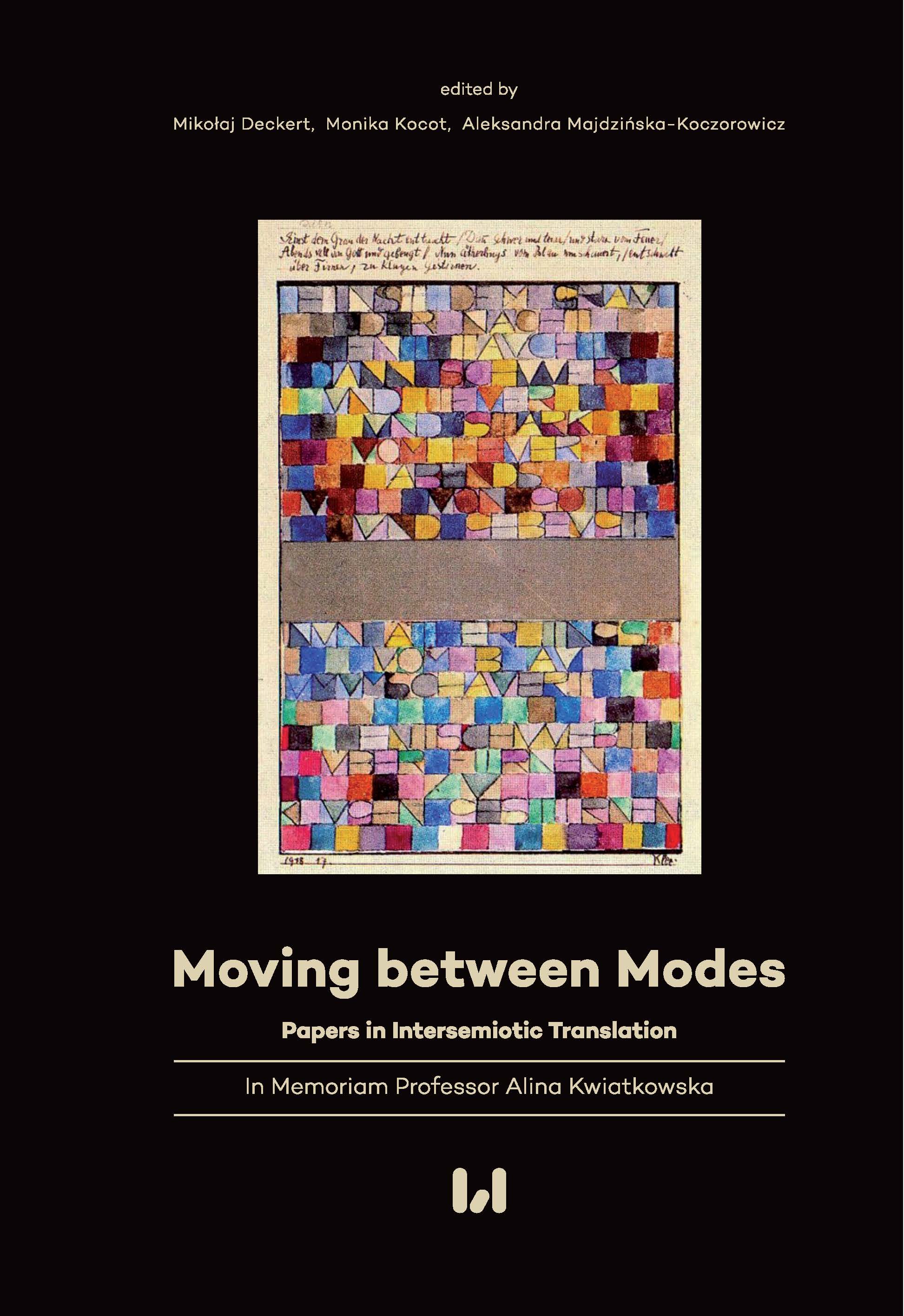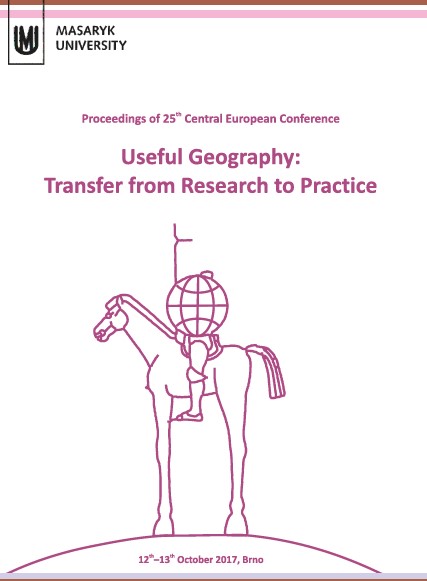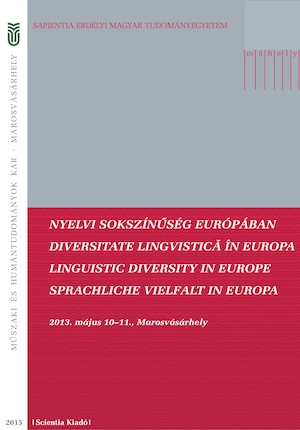The Impact of Culture and Intercultural Competence on the Performance of Students in Translation
Author(s): Magda Madkour / Language(s): English
/ Publication Year: 0
Keywords: collaborative pedagogy; cultural translation; linguistics; social anthropology;
The 21st century witnessed the emergence of Translation Studies, which include linguistics, comparative literature, sociology, semiotics, and communication. Translation Studies is also an interdisciplinary field that deals with the study of the theory, the description and application of translation, and cultural translation. Cultural Translation, which encompasses postcolonial translation studies, cultural gaps, and cultural manipulation, requires training the students of translation in the areas of social anthropology to help them achieve cultural and intercultural competence. Therefore, the purpose of the current quasi-experimental study was to provide the students with new translation training to help them understand the role of culture in translation. Examining the relationship between translation, linguistics, education, and social anthropology showed a shift in the purpose of translation from transferring information into a task of transmitting culture. Such a shift necessitates training the students to acquire socio-cultural skills by engaging them in discussions and dialogues about the culture of the original texts. The current study was an attempt to help students perceive the relationship between translation and culture to understand that some texts, specifically literary texts, do not only involve mastering two languages syntactically and semantically, but they also require communicative skills to analyze the social anthropological aspects of the texts, including culture, religion, and ideological and political issues. Therefore, this study applied the recent collaborative pedagogy for translation, which is based on improving social and cultural skills, for providing the students with the strategies for enhancing their professional practices within a social-constructivist educational environment. Moreover, emphasizing the concept of cultural turn in the work of polysystems in translation, the significance of this study lies in analyzing a number of theories to examine the relationship between translation, linguistics, and social anthropology and their impact on students’ culture and intercultural competence.
More...
